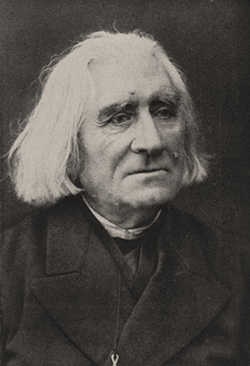Memorization. Love it or hate it. Personally I am on the hating it end because it is challenging to me. Professionally I totally understand the point and advocate it.
Memorization of music really took off for piano when Franz Liszt and Clara Schumann decided to show off. Being the popular musicians that they were, everyone decided to emulate them. So that is where it started.
Pianists of all ages and skill levels find themselves in situations where memorization is required. From recitals and festivals to camps, workshops and talent shows, memorization is required. The earlier you begin memorizing the easier it tends to become. When beginning the piano, the pieces are short and easy. Does it not make sense to begin with these short, easy pieces? Why wait until you are learning intermediate repertoire or have enter a competition to learn to memorize? Memorization is a skill. There a lots of tricks, tips and skills that make it easier. If you don’t build that skill set as you build your musicianship skills it just sets you up for frustration later down the road.
Why does memorization matter in the music? Freeing yourself from the page and the pages turns or page turner lends itself to more artistry and musicianship. Knowing the music so intimately that you can concentrate on the nuances that turn a piece from a collection of notes into a work of art. The freedom to experiment musically in practice, lessons and master classes only comes when you know your music backwards and forwards. Memorization really is for the sake of the music.
Many teachers require memorization of students and provide incentives. Stickers, prizes and games take away the drudgery and make memorization a fun learning experience. By the time students are learning the standard repertoire, memorization begins to come more naturally. For some students, memorization will always be a challenge. Encourage those students and praise their success but don’t let them use it as an excuse to not participate in events. If you are looking for a music teacher, take into consideration if the teacher requires memorization at a healthy level.
Don’t wait until you want to memorize that Beethoven Sonata to begin memory work. Begin with Mary Had a Little Lamb.
Good Luck!


 Beethoven
Beethoven Liszt
Liszt Stravinsky
Stravinsky Schoenberg
Schoenberg